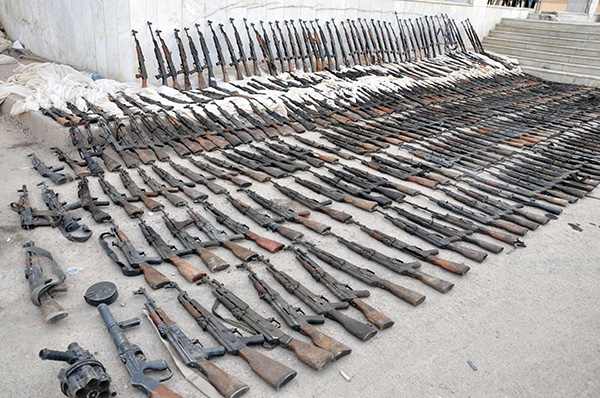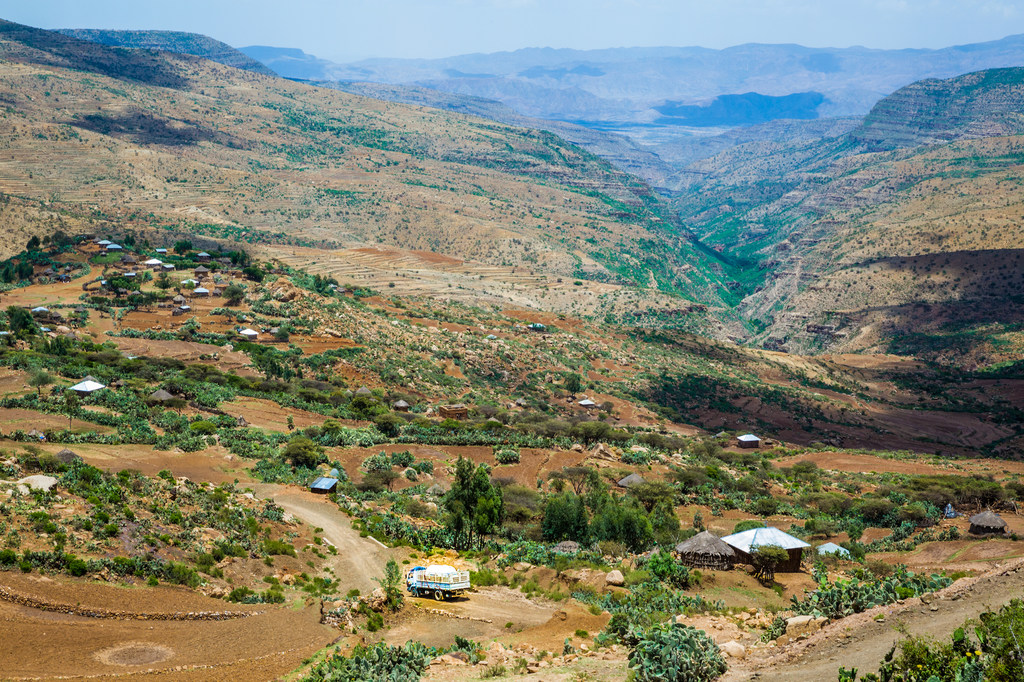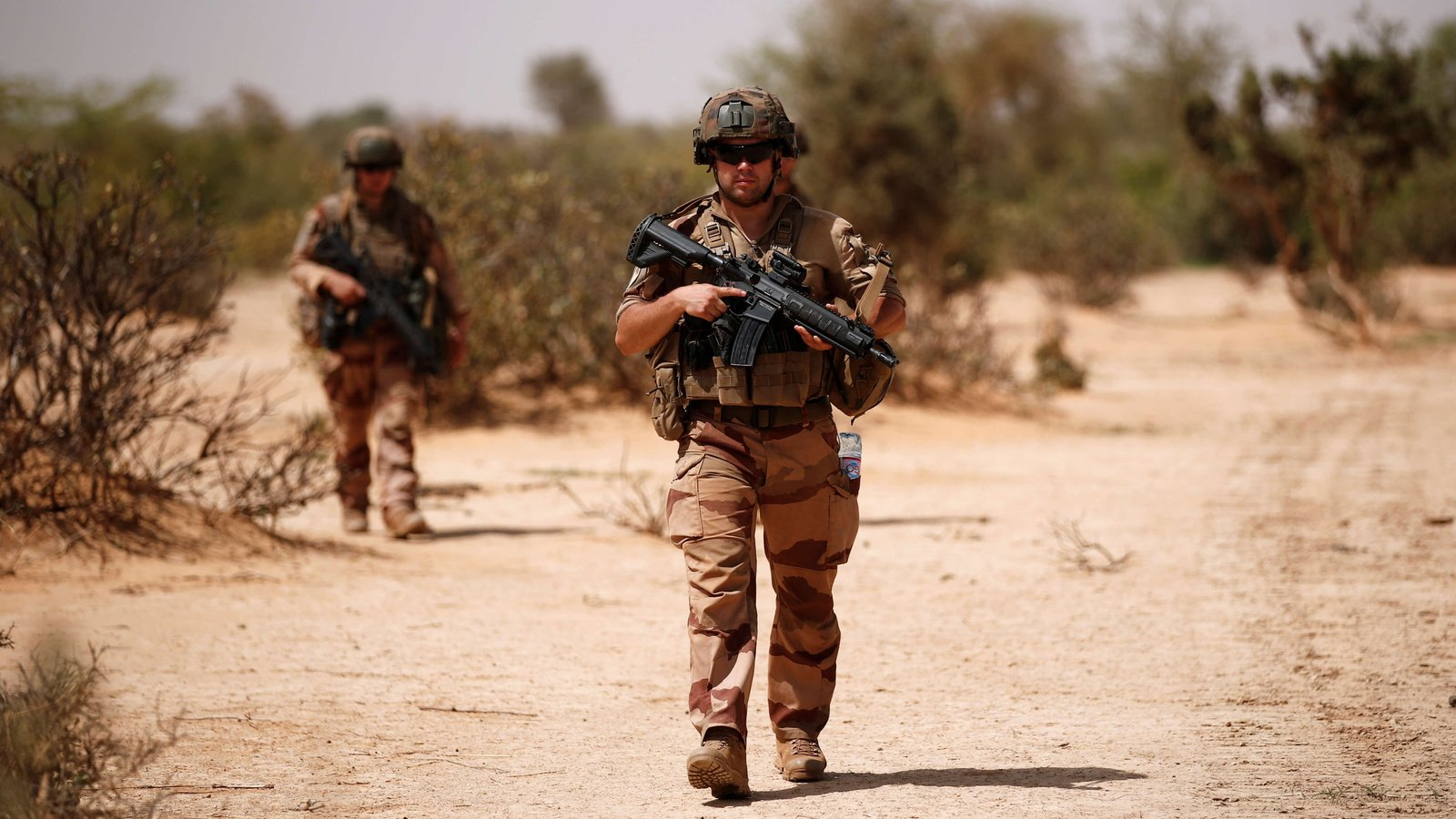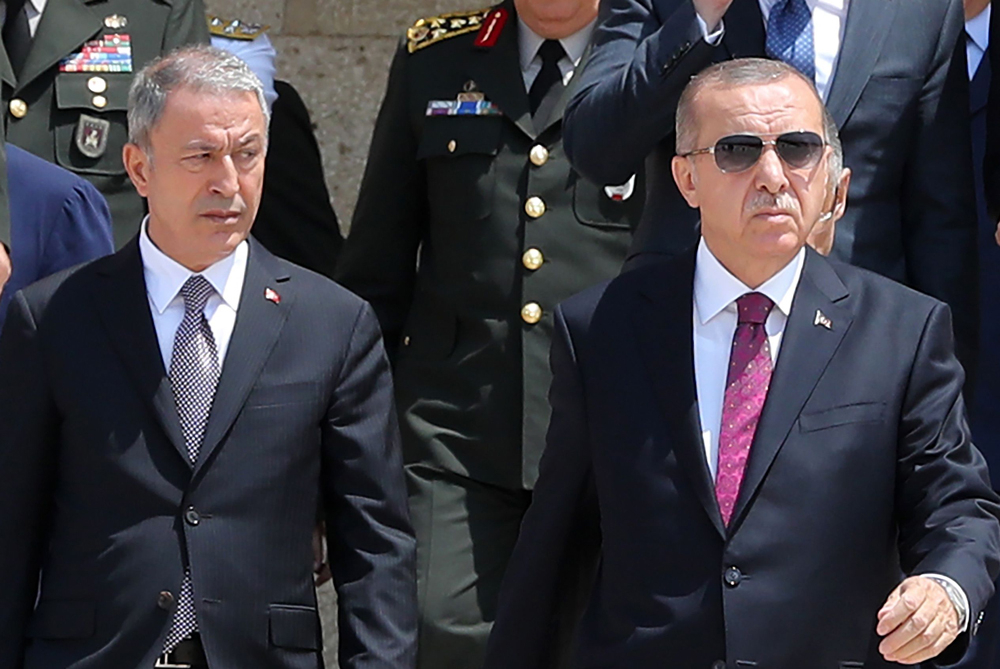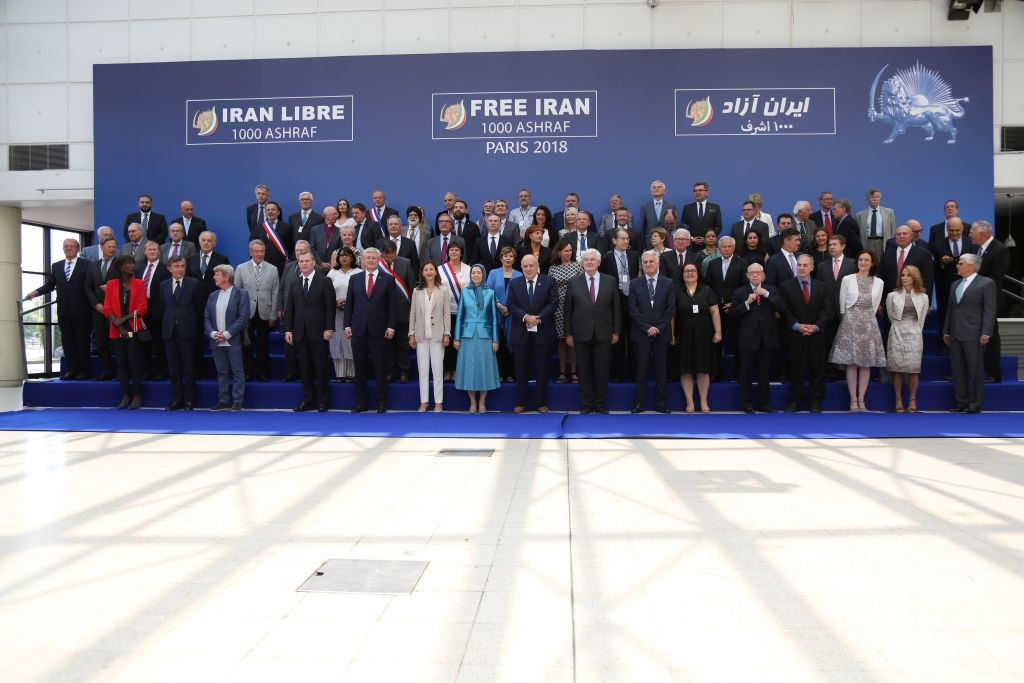Analysis: Possible Israeli war on Hezbollah or Hamas; reasons, consequences
The recent military movement by the Israeli forces in the northern front along the Lebanese borders and also in regions bordering Gaza Strip is seen by some observers as Tel Aviv’s ground-making to take offensive moves in the near future.

